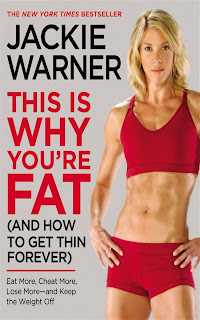The latest buzz word in education and parenting is “early
literacy.” Early literacy does not mean you
must teach your baby to read as soon as she can talk. It just means that you help your child
develop the skills that lead up to and support learning to read.
As a parent or caregiver, you are your child’s first teacher,
and you have all the tools needed to start your child on the path to becoming a
reader. Using the activities and library
books below, you can help your child get a head start on literacy by developing
the following skills:
- Talking - Children learn to talk by learning words when others speak. Read aloud “A was once an apple pie” by Edward Lear which has rich language and word play that begs to be read aloud over and over.
- Singing - Singing slows down language so children can hear the different sounds that make up words. Get the book “Seals on the bus” by Lenny Hort, but sing it out loud to the tune of “Wheels on the bus.”
- Reading - Reading together increases vocabulary, helps children learn how print looks and how books work. Read aloud “The wonderful book” by Leonid Gore which demonstrates the many ways a book can be used.
- Writing - Children can learn pre-reading skills through drawing and writing which is representative of spoken language. Read aloud “Chalk” by Bill Thomson, which is a wordless picture book that reveals the power of imagination and drawing.
- Playing - Play helps children think symbolically, so they understand that spoken and written words can stand for real objects and experiences. Read aloud “From head to toe” by Eric Carle and encourage your child to get up and move with the story.
So what else can parents do to help strengthen these skills?
Attend storytime at the library.
Read, read, read with your child.
Talk, sing, read, write, and play with your child.
Regularly check our new children’s storytime blog at http://splchildren.blogspot.com where we post storytime ideas, books, songs and crafts you can use to have storytime in your own home.
If you have questions about early literacy, please call the
Children’s Department at 405-372-3633 x 108 or email us at childrensreference@stillwater.org.



























